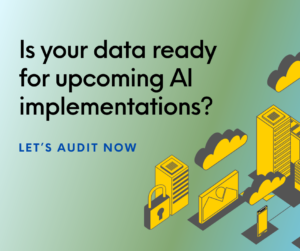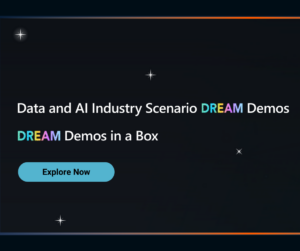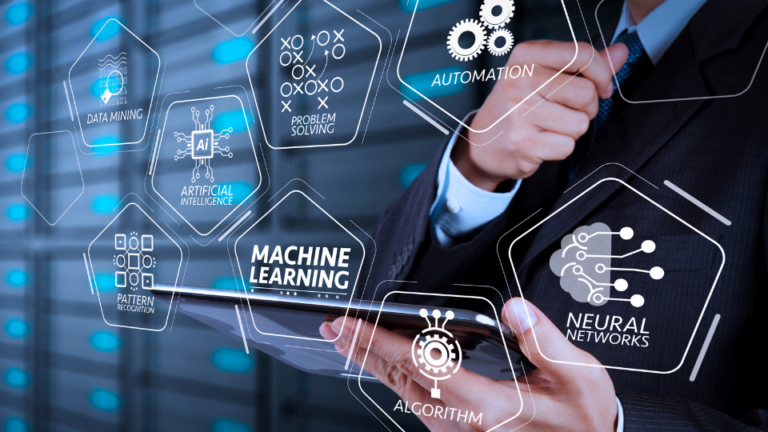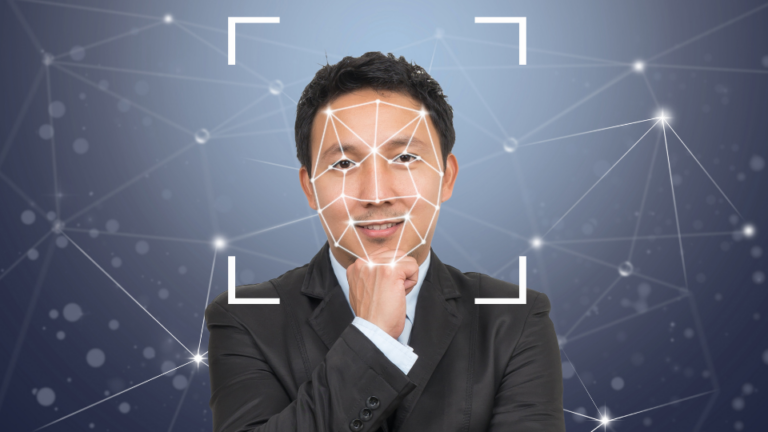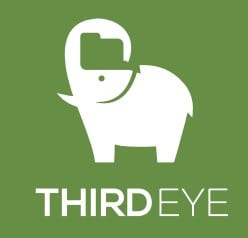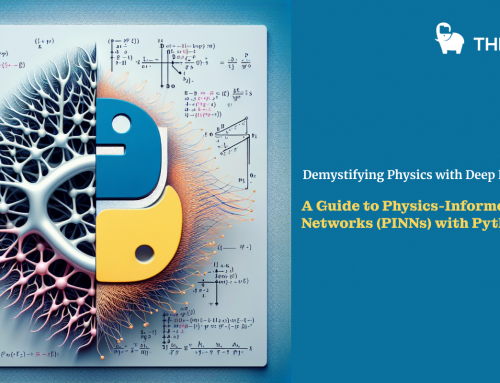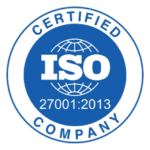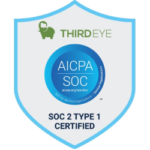Tokenization in a Nutshell
What is tokenization and a token?
- Tokenization is the process of transformation of infrastructure to manage asset ownership rights.
- A token is a digitized ownership right for an asset.
Tokenization in context
There are four levels on which we can view tokenization: user, business, IT infrastructure, technical details.
- From a legal perspective, tokenization doesn’t change the reality (whether it is paper registry or a database).
- From a responsibility perspective, tokenization implies that the registry of ownership is no longer controlled by a single party.
- The terms “a tokenized title to an asset” and “a tokenized asset” are interchangeable.
- Token is a generic technical term which doesn’t mean any particular asset class. (You can think of cryptocurrency as a token, but not every token is a cryptocurrency.)
Key principle of tokenization
Tokenization implies that accounts are managed using cryptographic keys, which results in direct account management instead of execution of orders by system operators.
Necessary conditions
- Tokenization implies that a blockchain/ledger is the primary source of information.
- Tokenization requires digital identity.
Main functions of a tokenization platform
- Maintaining immutability of all records of balances, accounts, and transactions
- Implementing provenance
- Implementing fractional ownership
- Implementing programmable logic with assets (smart contracts)
- Implementing seamless secondary markets
- Implementing trustless real-time audits
- Implementing transparent governance
- Implementing resistance of infrastructure to attacks and hardware errors
- Implementing non-repudiation
Main processes in a tokenization system
- Governance
- Creation of tokenized assets
- Transaction processing
- Audit
Tokenization allows for the creation of a closely integrated ecosystem with custodians, exchanges, wallet providers, and merchants.
Benefits
- For the case of physical assets, the primary benefit of tokenization is that operations with tokens are cheaper than with physical assets.
- For the case of intangible assets the main benefit of tokenization is that operations with cryptographic tokens are more secure than the traditional database records.
- For business the main benefit is increased liquidity as a result of reduced trading frictions.
- From the IT operations perspective, the main benefit is the reduction of TCO (Total Cost of Ownership) of ecosystems and greater interoperability.
- Tokenization helps to get real-time statistics about the usage of the system.
- Tokenization solves security problems for secondary markets of digital goods.
- Tokenization is about democratization of access to accounting infrastructure.
- Tokenization is about creation of efficient registries of ownership.
- Tokenization is an evolutionary step in the transition of accounting from paper to an entirely digital form.
Regulation
- Regulation of tokenized assets is the same as for the ownership rights of an asset itself.
Security
- In the case of tokenized physical assets, the custodian plays a very important role since an IT platform cannot prevent theft by itself.
- Tokenization makes accounting systems secure, transparent, expandable, and scalable.
- Tokenization focuses on integrity, accessibility, non-repudiation, and resilience.
- Tokenization implies that an internal ledger is blockchain-based.
Result of tokenization
- Full automation of all business processes from accounting to dividend distribution.
- Creation of new-generation accounting systems.
- Uniform APIs for all accounting systems.
- An ability for users to audit transactions and state of accounts themselves.
- New monetization scheme for ecosystems — open economy.
Evolution
- Tokenization will start with divisible, fungible, and transferable assets.
- Tokenization is the necessary precondition to Financial Internet.
…more in the upcoming book “Theory of Tokenization”
Originally Posted Here

